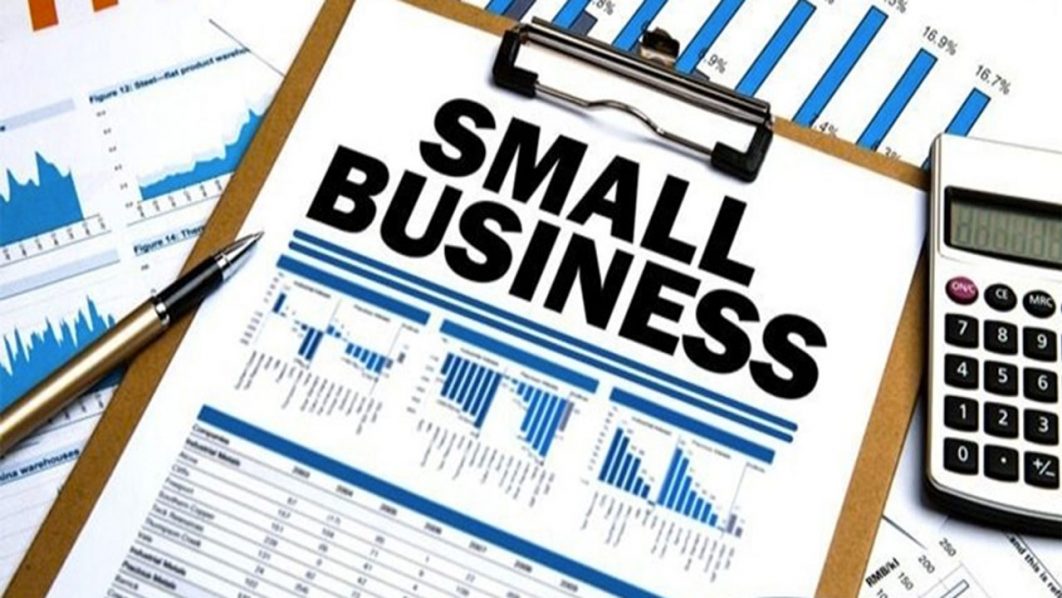
SMALL businesses have lamented the sharp rise in operating costs, largely driven by poor power supply and cut-throat fuel prices.
They said the situation has forced them to re-evaluate entrepreneurship while some have completely shut down operations, stating that they can no longer cope with the situation.
According to them, the situation has been significantly worsened by the removal of fuel subsidies, which has led to a hike in the cost of petrol. Worse, they said, power has remained unstable, despite the government’s promises, forcing them to spend heavily on alternative energy – a situation they said has eroded their profits and capital investment.
Speaking with The Guardian, Balogun Ojo, who owns a pharmacy in the Ikotun area of Lagos, expressed his acute frustration over the cost of running a business in Nigeria.
“The cost of trying to run a business is too high and has forced many of us out of business. We are not even looking for profit any more, we just want to remain in business but with the current fuel prices and poor power supply, this is becoming more and more impossible daily,” he said.
Another small business owner, Funmilayo Wemimo, who sells frozen foods in the Ijegun area of Lagos lamented that her business has suffered greatly due to poor electricity supply in the last few months. She decried that her losses have run into millions of Naira and is contemplating shutting down permanently.
Wemimo stated that in over a decade she had been in business, this year has been the toughest as her goods need constant electricity. She regretted that due to the poor supply of electricity to her community, they hardly get up to seven hours of supply even during their ‘on days.’
“A ₦5,000 worth of fuel is not up to five litres and cannot last the whole day anymore. Not long ago, ₦3,000 worth of fuel could sustain us for two or three days. It is heartbreaking. I have thoughts of shutting down because there’s simply no profit, I have started using my capital to buy fuel and even with that, there is no assurance that my goods will not go bad because of the power situation. I cannot afford to run the generator for too long,” she said.
The trader pleaded with the government to intervene and address the ongoing electricity crisis, noting that if the power supply was completely stable, 50 per cent of the problems faced by business owners would be resolved. She further emphasised that petrol cost needs urgent attention as many businesses cannot afford the extra burden of generating alternative energy.
Abiola Adeyemi, who runs an eatery, decried the cost of alternative energy, noting that the business cannot run without power. Calling on the government to intervene before they are forced to close shop, she said: “It is frustrating. We pay so much for electricity, but the service is nonexistent. I am forced to choose between spending on fuel for my generator or reducing operating hours. This is not ideal,” she said.
Ijewereme Pius Ohien, who operates a cafe and eatery in Kano, lamented that he is forced to cough out roughly ₦100,000 weekly on fuel to power his generator for over ten hours a day. He said because of this, he was compelled to increase prices and still cut staffing and other overhead costs just to remain afloat.
Similarly, Aiwenemehi Emmanuel, a laundry business owner in Auchi, Edo State, shared his plight of receiving less than four hours of power daily, forcing him to depend on generators for seven to 10 hours, which he said costs him almost N150,000 monthly. “There are no jobs out there; our only option is to run businesses, but even this has become extremely difficult. We desperately need consistent electricity,” he pleaded.
As businesses navigate these trying times, they called on the government to address the leadership failures leading to the widespread collapse of essential services. Without immediate intervention, they warned that the current conditions could lead to a significant rise in unemployment with more businesses shutting down and further economic decline.






